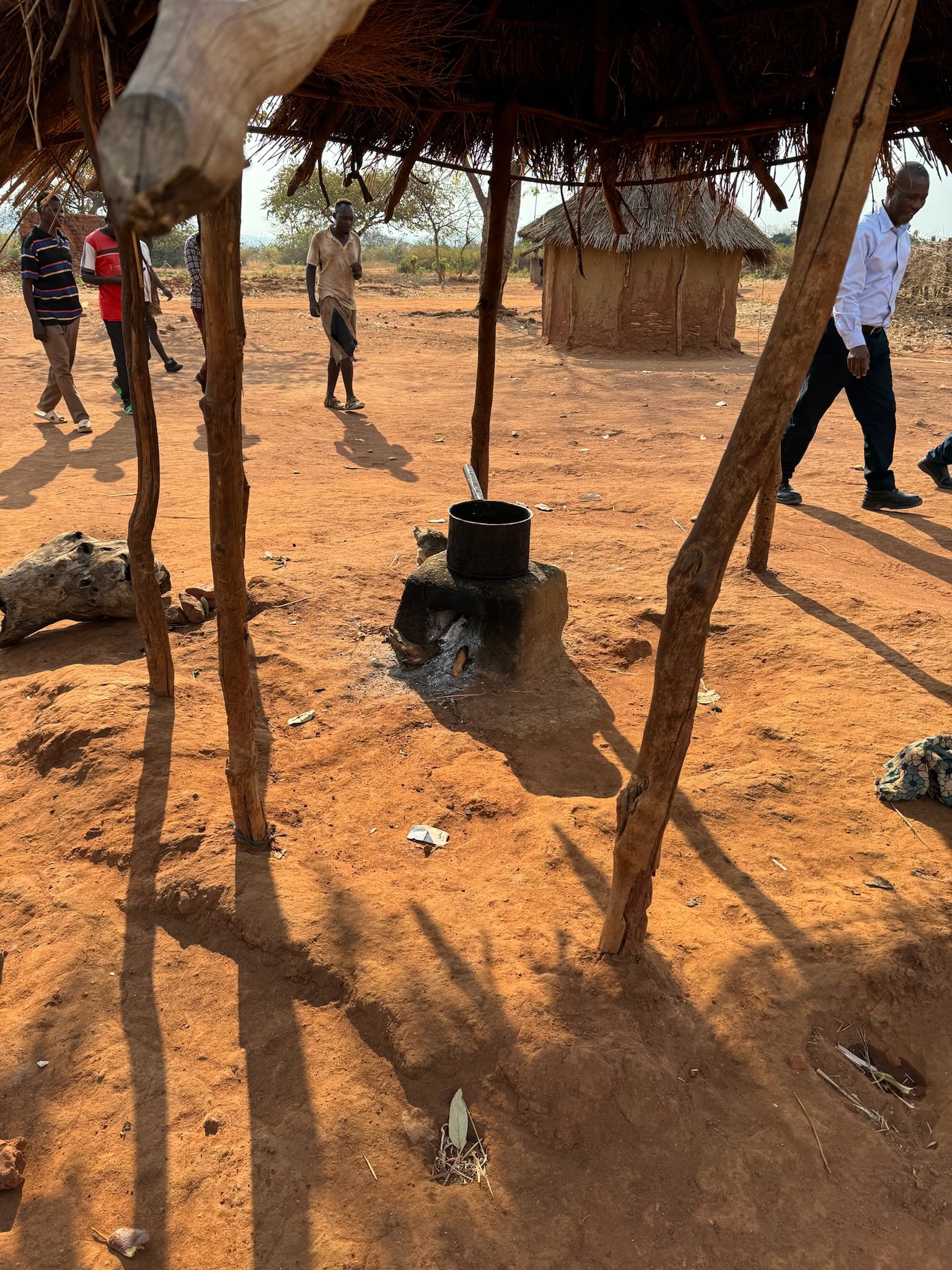
Zambia Safe Water Project
Why does Rural Zambia need a Safe Water Project?
Before the implementation of the project, local people primarily relied on non-renewable biomass like wood, coal, cow dung, and fossil fuels to boil water for purification. This reliance stemmed from economic constraints, as low income levels made it difficult for the community to access cleaner, more sustainable alternatives. In the absence of the project activity, these traditional methods would likely continue, perpetuating the use of fossil fuels and NRB for boiling water.
-
Before the project started,
97% of communities spent over an hour gathering water out of which
87% of water was being collected by adult women
-
Survey showed,
99% of communities without safe water supply experienced waterborne diseases like diarrhea.
-
Pre project survey highlighted,
That these communities have been using wood, coal, and fossil fuels to boil water.
This has led to an increase in CO2 emissions, expected to reach 904,846 tons in the next 7 years.
How is this project affecting communities in Zambia and promoting a more sustainable environment?
Providing safe water through UN-certified soil filtration process that uses borehole technology to help dispense water.
Communities that have access to Clean drinking water have greatly shown reduced waterborne diseases like cholera and typhoid.
Environmental Impact:
The project employs renewable energy sources, such as solar power, to distribute the water, further minimizing its environmental footprint.
Benefits to the Community:
Improved Health: Access to clean water reduces waterborne diseases like cholera and typhoid, leading to healthier communities.
Economic Empowerment: Boreholes save time for women and children, who would otherwise spend hours collecting water. This time can now be used for education or economic activities, fostering community growth.
Environmental Sustainability: By reducing the need for firewood to boil water, the project helps protect forests and reduce carbon emissions.
Long-term Sustainability: The project ensures the longevity of water access systems through regular maintenance and monitoring.
Eliminating the need to boil water by burning non-renewable biomass
Reduction of emissions by 900,000 tons of CO2 over the project's lifetime.
These water access points are located near communities, cutting water collection time by 1 to 15 minutes.
Shorter collection times have allowed women in the communities to use their time more efficiently.
Start Date
18th October 2022
Methodology
CDM methodology AMS-III.AV: Low Greenhouse Gas Emitting Safe Drinking Water Production System (version 8.0).
Project Details
Registry | Project ID
Verra | 5082
The Zambia Safe Water Project is a seven-year initiative aimed at addressing the pressing issue of access to clean water for over 6 million people in Zambia, particularly in rural areas.
Estimated Emission Reduction over the period of 7 years
Developers Information
WhyOffset, under the VCS standard, is managing this project using CDM methodology AMS-III.AV: Low Greenhouse Gas Emitting Safe Drinking Water Production System (version 8.0).






